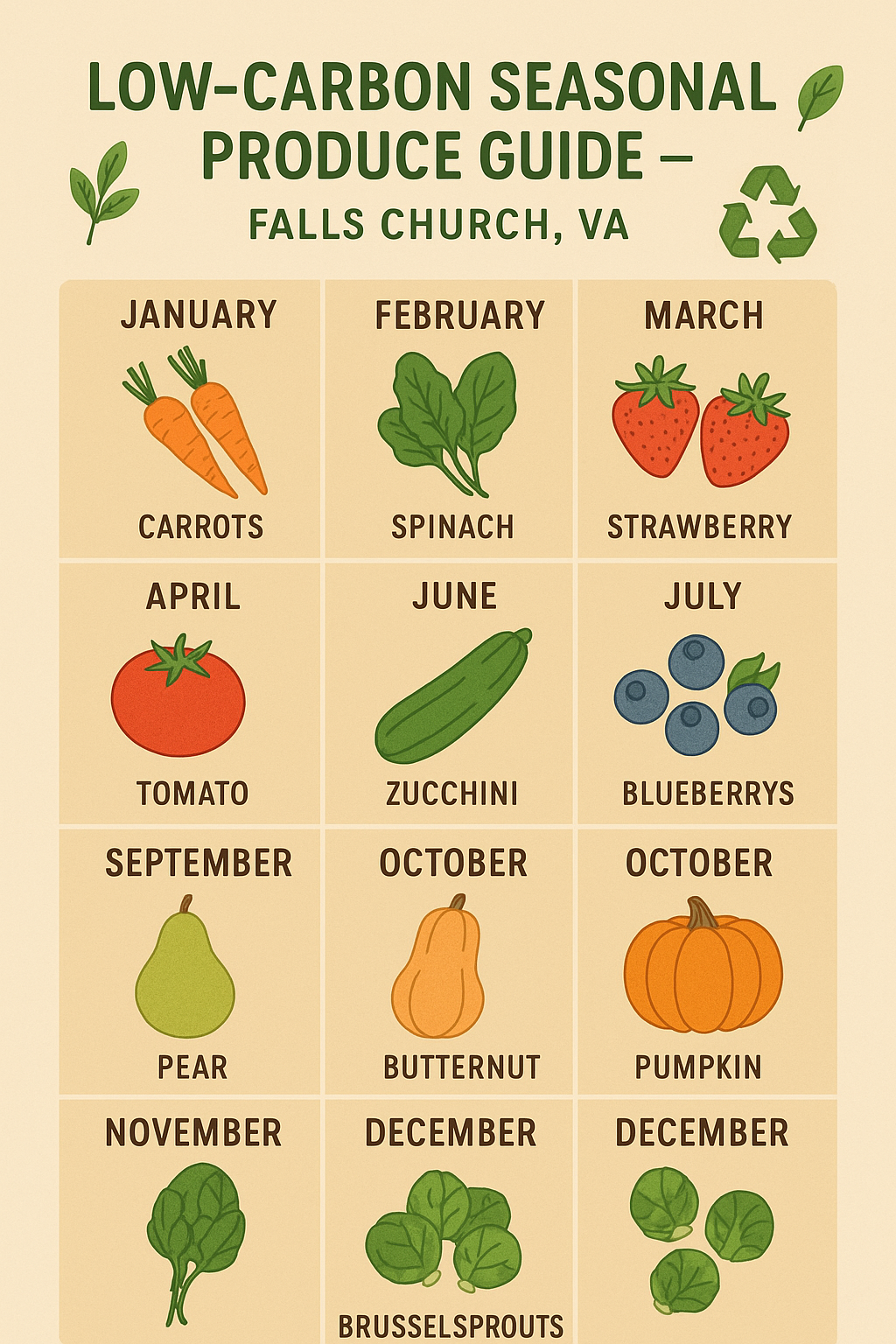Mediterranean Diet

The Mediterranean diet is a way of eating based on the traditional cuisines of countries bordering the Mediterranean Sea, such as Greece, Italy, and southern Spain. It is widely recognized for its health benefits, particularly for heart health and longevity. The Mediterranean diet is more than just a diet—it’s a lifestyle that emphasizes fresh, wholesome food and joyful, communal eating.
Core Principles of the Mediterranean Diet
- High in Plant-Based Foods:
- Fruits and vegetables (daily)
- Whole grains (like brown rice, oats, and whole wheat bread)
- Legumes (beans, lentils, chickpeas)
- Nuts and seeds
- Herbs and spices (used in place of salt)
- Fruits and vegetables (daily)
- Healthy Fats:
- Olive oil is the primary source of added fat (rich in monounsaturated fats and antioxidants)
- Limited use of butter or other saturated fats
- Olive oil is the primary source of added fat (rich in monounsaturated fats and antioxidants)
- Moderate Consumption of:
- Fish and seafood (at least twice a week)
- Poultry, eggs, cheese, and yogurt (in moderate portions)
- Fish and seafood (at least twice a week)
- Limited Intake of:
- Red meat (only occasionally)
- Processed foods and refined sugars
- Sweets and desserts (enjoyed rarely)
- Red meat (only occasionally)
- Red Wine (Optional):
- In moderation (typically one glass per day for women, two for men), often consumed with meals
- In moderation (typically one glass per day for women, two for men), often consumed with meals
- Lifestyle Focus:
- Regular physical activity
- Mindful eating with family and friends
- A relaxed, social mealtime culture
- Regular physical activity
Health Benefits
- Reduces risk of heart disease and stroke
- Supports weight management
- May help prevent or manage type 2 diabetes
- Associated with lower risk of certain cancers and Alzheimer’s disease
- Promotes healthy aging and longevity
Processed Foods’ Effects on Health
One of the prime reasons the Mediterranean diet promotes health and supports the environment is the avoidance of processed foods. Processed foods can be harmful to health when consumed in excess, especially ultra-processed foods—those heavily modified with additives, preservatives, and artificial ingredients. Occasional consumption of processed food won’t harm you—but a diet based mostly on whole, minimally processed foods is much better for your long-term health, energy, and well-being.
- High in Unhealthy Ingredients. Processed foods have added sugars that are linked to obesity, type 2 diabetes, and heart disease. Processed foods contain unhealthy fats, especially trans fats and excessive saturated fats that raise bad cholesterol. Processed foods tend to have high salt levels that increase the risk of high blood pressure and heart disease.
| Sample Daily Meal Structure | |
| Breakfast | Greek yogurt with berries and walnuts |
| Lunch | Whole grain salad with chickpeas, tomatoes, cucumbers, olive oil, and lemon |
| Dinner | Grilled fish with steamed vegetables and quinoa |
| Snacks | Fresh fruit or a handful of almonds |
- Low in Nutrients. Many processed foods are stripped of fiber, vitamins, and minerals during manufacturing. You may feel full, but your body lacks the essential nutrients it needs to function well.
- Disrupts Appetite Regulation. Engineered to be hyper-palatable— triggering cravings and overeating, processed foods can alter brain signals that control hunger and fullness, leading to weight gain.
- Linked to Chronic Diseases. High consumption is associated with obesity, heart disease, Type 2 diabetes, certain cancers, depression, and poor mental health.
- Chemical Additives and Preservatives. Some additives may cause gut issues, allergic reactions, or disrupt hormones in sensitive individuals. The long-term effects of many food additives are still being studied.
- Contains Artificial Ingredients. Flavors, colors, and textures often mimic real food but have no nutritional value. Can lead to poor food choices and dependency on non-nourishing foods.
- Encourages Poor Dietary Habits. Fast, convenient, and cheap—processed foods can replace real, whole foods in the diet.
This can lead to micronutrient deficiencies over time. The real concern is ultra-processed foods, like sugary cereals, chips and soda, packaged snacks and instant meals, and fast food.
Processed Foods’ Effects on the Environment
Processed foods are not only bad for human health —they also have significant negative impacts on the environment. Processed foods contribute to climate change, pollution, and ecological damage throughout their lifecycle. Reducing consumption of ultra-processed foods benefits both your health and the planet.
- High Carbon Footprint. Processing, packaging, and transporting processed foods require large amounts of energy, much of it from fossil fuels. Ultra-processed foods often involve ingredients like refined grains, sugars, and oils that are resource-intensive to produce and ship.
- Resource-Intensive Production. Mass production of ingredients (like palm oil, soy, or corn) used in processed foods involves deforestation, loss of biodiversity, and heavy pesticide and fertilizer use. These practices degrade soil and pollute water systems.
- Excessive Packaging Waste. Processed foods are typically packaged in plastic, aluminum, and multilayer materials that are hard to recycle. This contributes significantly to landfill waste and plastic pollution, especially in oceans.
- Water Pollution and Overuse. Industrial agriculture (used to grow raw materials for processed foods) contributes to runoff of fertilizers and pesticides into rivers and oceans (causing dead zones) and overuse of water for irrigation of crops like corn or sugarcane.
- Loss of Agricultural Diversity. Processed foods rely on a small number of global crops (like wheat, corn, soy), leading to monoculture farming, which weakens ecosystems and reduced crop diversity, making food systems less resilient to disease and climate change
- Long Supply Chains. Ingredients are often sourced globally, requiring long transportation routes. This increases greenhouse gas emissions and energy use compared to local, fresh food production.
- Encourages Unsustainable Eating Patterns. Demand for cheap, mass-produced food drives unsustainable farming and exploits natural ecosystems. It also encourages overconsumption and food waste, worsening environmental pressures.

